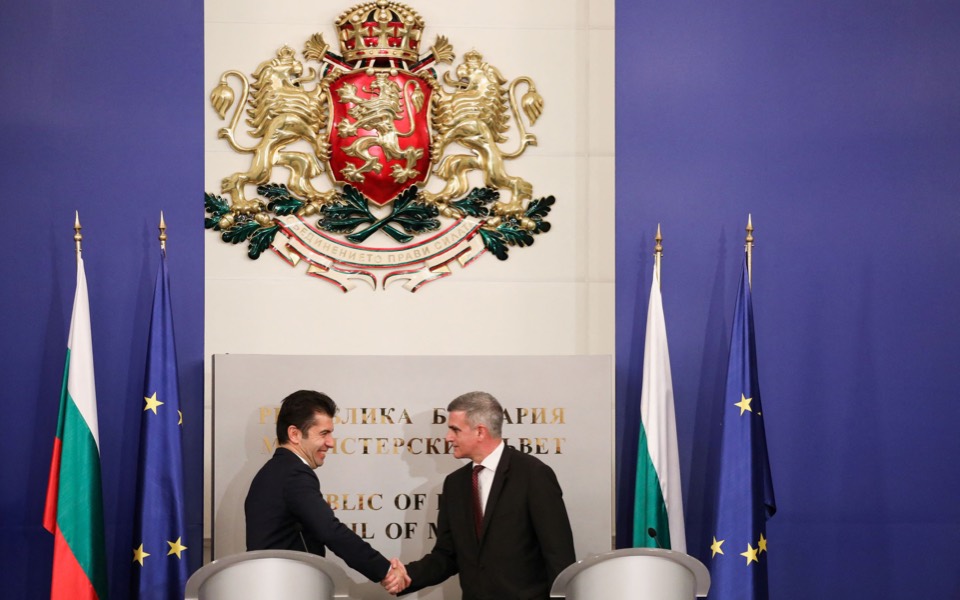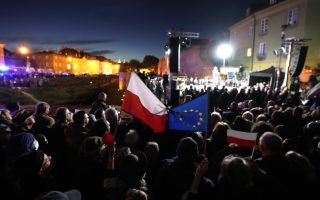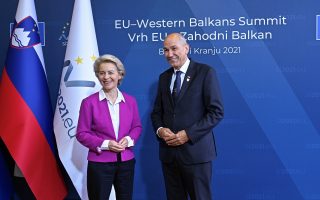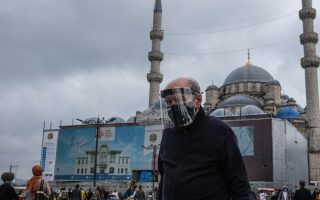New government in Sofia dives into deep end

The “Harvard boys” have finally formed a government in Sofia, bringing an overwhelming sense of relief in Bulgaria that the country will be able to return to some semblance of normality in the wake of a profound political crisis.
As he steps into the role of prime minister, Kiril Petkov will have to deal with a mountain of problems, both domestic – key among which is clamping down on rampant corruption – and international – particularly the Bulgarian veto of North Macedonia’s accession talks with the European Union.
As opposed to the first issue, which will take a lot of time and hard work to tackle, developments with regard to Bulgaria’s differences with Skopje are coming fast and thick, and the pressure on Sofia to change stance so that Brussels can commence negotiations is mounting.
Hopes that the Bulgarian objections would be lifted with the advent of a new government disappeared at the last EU summit, held under Slovenia’s presidency. The issue did not even come up at the meeting of member-states’ leaders on Wednesday, and could not have been discussed anyway since the new government had not yet taken over in Sofia.
Hopes have now shifted to next year, when France takes over the EU’s six-month rotating presidency, and to a possible extraordinary summit on the Western Balkans – rumors suggest this may take place in January – aimed at preventing any destabilizing developments in North Macedonia.
This, however, would presuppose a change of heart in Sofia – something that does not seem likely anytime soon. The Bulgarians seem to be sticking to their guns with regard to the ethnic identity and history of the Slav-speaking people of North Macedonia, whose nationalist fervor, in the meantime, is rising to frenzied proportions.
Speaking to the Financial Times earlier this week, Petkov said that his government plans to “propose a new process [on North Macedonia], very fast, with a limited timeframe, just six months long.”
This was a message to North Macedonia’s Zoran Zaev, who is trying to initiate negotiations with Sofia in the hope that he will be able to leave the post of prime minister having scored an important success by paving the way for his country’s accession to the European Union.
To this end, the two sides have already agreed to the creation of joint committees that will look for common ground in the six unresolved issues put forward by Sofia.
It will not be easy to reach an agreement, but nor will they be allowed to exacerbate a situation that could have a very negative impact on regional stability, especially with the drums of war sounding further to the north. The Europeans and the Americans are hard at work in the background.





